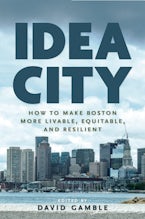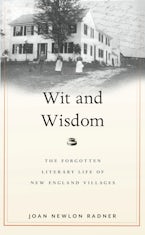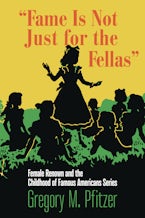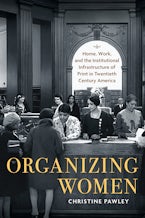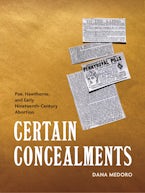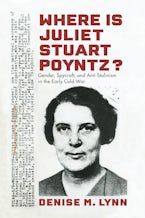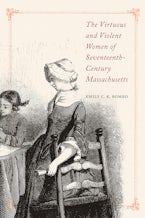- Home
- Building Domestic Liberty
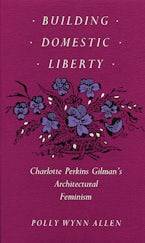
Building Domestic Liberty
Charlotte Perkins Gilman's Architectural Feminism
Published by: University of Massachusetts Press
208 Pages
Other Retailers:
Building Domestic Liberty offers a critical and admiring analysis of feminist philosopher Charlotte Perkins Gilman (1860-1935). Polly Allen examines Gilman's approach to architecture, landscape, and neighborhood design and discusses Gilman's case against prevailing household design and looks at her philosophy of world improvement.
Defining herself as a "pragmatic visionary," Polly Allen is a leading advocate for multicultural affordability in the contemporary co-housing movement. She is founder and executive director of Neighborhood Housing Partnership, Inc., based near Central Square in Cambridge, Massachusetts.
"That enduring American institution, the detached single-family home, has long been subjected to intense criticism by a small but vocal procession of architects, sociologists, and feminists. . . . Allen analyzes the architectural ideology of one such critic, feminist philosopher Charlotte Perkins Gilman (1860-1935), in light of Gilman's family background, social standing, and commitment to the tenets of the turn-of-the-century women's movement. . . . Thanks to Allen's careful reading of the life and work of Gilman, those of us concerned with the state of contemporary American housing can become acquainted with--or reintroduced to--a kindred spirit."—Winterthur Portfolio
"To Gilman and to other architectural feminists, securing woman's place was a social and design issue, a public cause demanding communal and environmental support. It was, in the words of Polly Wynn Allen's lucid Building Domestic Liberty, . . . a crusade against 'the authoritarian speech of the single-family home.'"—New York Times
"Provides a clear and structured exposition of Gilman's ideas. . . . It is written with considerable irony and from a stance that is at the same time admiring and critical. Allen bluntly exposes Gilman's racism and class bias, her denial of essential human differences, and the overstatement and pretension that characterize her attempts at social ethics. At the same time, Allen contributes an analysis of Gilman's approach to architecture, landscape, and neighborhood design that adds to the case for her importance."—American Historical Review
"Allen has situated her subject in the nineteenth-century 'social landscape' and sifted through fiction, poetry, essays, articles, and diaries to describe Gilman's vision for the future of a liberated domestic life. . . . A well-written, scholarly, and original presentation."—Legacy

